Eyeballs Like a Scuzzball
Though at first odd, the phrase “eyeballs like a scuzzball” encourages curiosity and imagination. It is striking and unforgettable since it mixes bright pictures with a little of comedy and hyperbole. We will examine what this phrase means in this essay, how it might be interpreted in several situations, and why such expressions frequently shape culture and communication permanently.
The Unusual Nature of the Phrase
People’s first response when they hear “eyeballs like a scuzzball” is usually one of bewilderment. Instantly catches notice is the peculiar combination of language. While the term “scuzzball” carries a dirty, chaotic, and almost funny meaning, eyeballs are usually linked to clarity, vision, and beauty. Together, they produce a paradox that stops individuals and causes reflection.
What Does “Scuzzball” Mean?
Often used to characterize something unpleasant, filthy, or of low grade is the term “scuzzball”. It suggests messiness or something repulsive. Linked with eyeballs, it implies that someone’s eyes could appear worn, repulsive, or even monstrous. This does not imply it is required to be interpreted precisely. It is employed figuratively or comedically more frequently.
Eyeballs as a Symbol of Expression
Often used to characterize something unpleasant, filthy, or of low grade is the term “scuzzball”. It suggests messiness or something repulsive. Linked with eyeballs, it implies that someone’s eyes could appear worn, repulsive, or even monstrous. This does not imply it is required to be interpreted precisely. It is employed figuratively or comedically more frequently.
Cultural Influence of Strange Phrases
Uncommon sayings have become part of slang and culture throughout history. Phrases like “eyeballs like a scuzzball” fit this pattern, just like “cool as a cucumber” or “mad as a hatter.” Their uniqueness stems from their simultaneously odd, amusing, and realistic nature.
Why People Use Such Expressions
Exaggerating or odd expressions often makes discussions more fascinating. Instead of just stating, “I am exhausted,” one could remark, “My eyes feel like a scuzzball.” This brings a picture and makes the remark more intriguing and unforgettable.
Visual Impact in Storytelling
Writers and storytellers frequently draw on such strange images. Readers connect emotionally via terms that provide visual impact. Immediately, the phrase “eyeballs like a scuzzball” invokes a dark mental picture, which could be ideal for defining a character in a book or Even a joke in a comedy show.
Eyeballs and Humor
This sentence is made appealing mostly via comedy. Comparing something as fragile as eyes to something as repulsive as a scuzzball produces a funny effect. At its most playful exaggeration.
When to Use This Expression
People could use this phrase informally when they are very tired, after a hard day at work, or after staying up late. It can also be used jokingly to describe someone’s looks. Know your audience, however, as not everyone will find the humor to their liking.
Eyeballs in Pop Culture
Pop culture references have always included eyes prominently. They abound from songs praising the beauty of eyes to horror films presenting terrifying eyes. Adding a twist with “eyeballs like a scuzzball” might naturally fit into comedy skits, memes, or online slang.
Metaphorical Meanings
This saying could represent on a greater level more than just weary eyes. It might mirror a chaotic frame of mind, bad lifestyle decisions, or even emotional burnout. From that perspective, the saying turns into a metaphor for human conflicts instead of just a humorous exaggeration.
Creativity in Language
Language changes via invention. Sentences like these show how people use words and combinations to convey feelings that simple descriptions fall short. Saying “my eyeballs are like a scuzzball” has a more powerful effect than stating, “I feel tired and gross.”
Connection to Everyday Life
Moments of great fatigue or stress have been experienced by everyone; their eyes feel heavy, dry, or painful. The force of this statement comes from that familiar sense. It calls a common human experience under humorous moniker.
Internet and Memes
Bizarre words travel fast in the digital world of today. Online, a phrase like “eyeballs like a scuzzball” could quickly become a meme or viral joke. Unconventional, amusing, and eye-catching expressions abound on social media, therefore this one fits exactly.
The Lasting Effect of Unusual Phrases
The originality of this phrase guarantees that once someone hears it, they will never forget it. Language thrives on invention and weird combinations; this idiom demonstrates that humorous hyperbole can be just as effective as more conventional phrases.
Conclusion
Though it may sound odd, the saying “eyeballs like a scuzzball” is exactly what makes it so striking. It uses comedy, exaggeration, and bright imagery to explain anything as basic as tired or messy-looking eyes. Such comments reveal how imaginative language may be in addition to adding interest to discussions. This odd adage—which whether used in everyday life, literature, or internet culture—shows that words don’t necessarily have to be normal to be successful.
FAQs
-
What does “eyeballs like a scuzzball” mean?
It means eyes that look tired, messy, or unpleasant, often used in a humorous or exaggerated way. -
Is the phrase meant to be insulting?
Not always. It is usually playful or humorous, but context matters. -
Can this phrase be used in writing?
Yes, it works well in creative writing, humor, or storytelling to create a strong visual image. -
Why do unusual phrases like this become popular?
They stand out, make people laugh, and give ordinary experiences a unique twist. -
Could “eyeballs like a scuzzball” become internet slang?
Yes, with its odd and funny nature, it has the potential to spread as a meme or online joke.
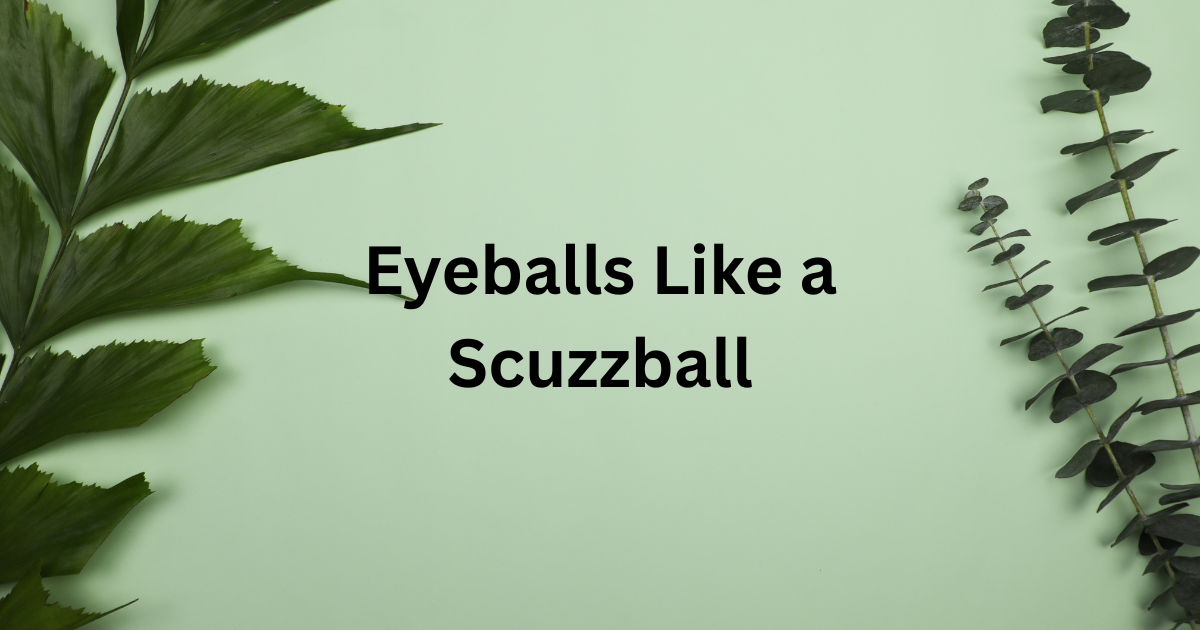


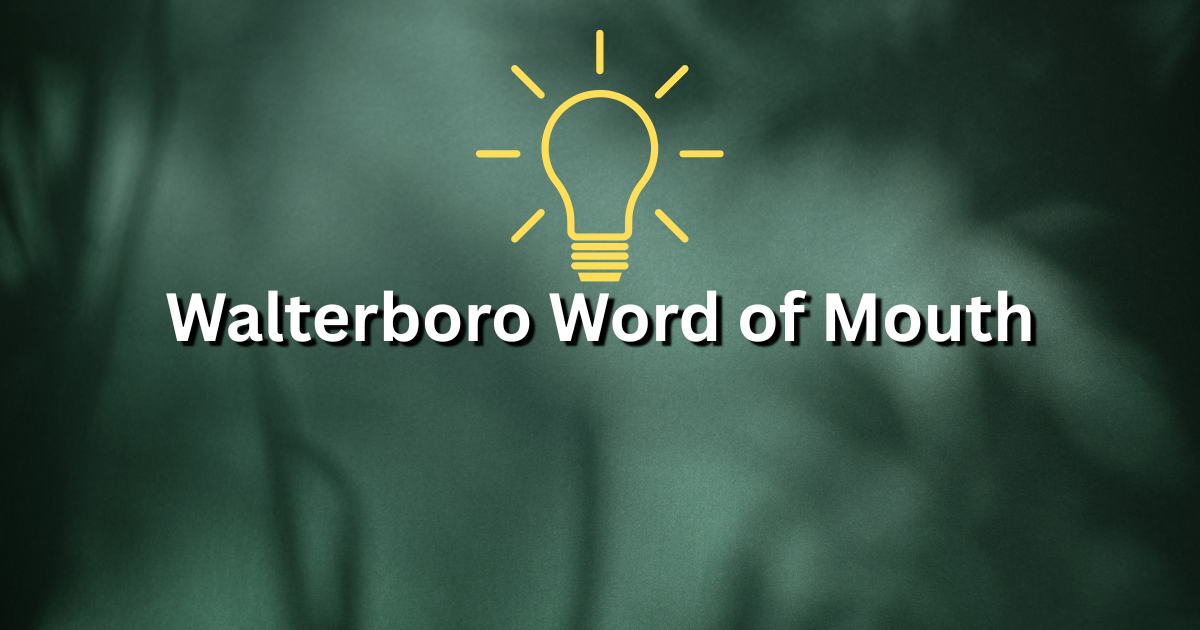


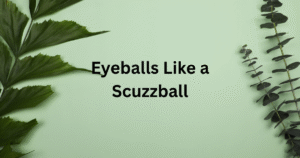

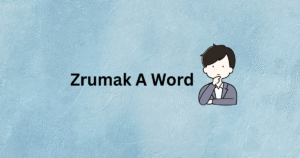
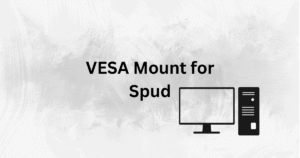


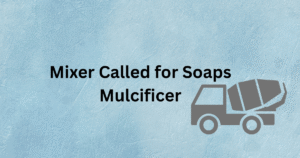
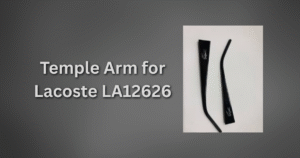
Post Comment